The Comprehensive Guide to Link Building and Brand Building
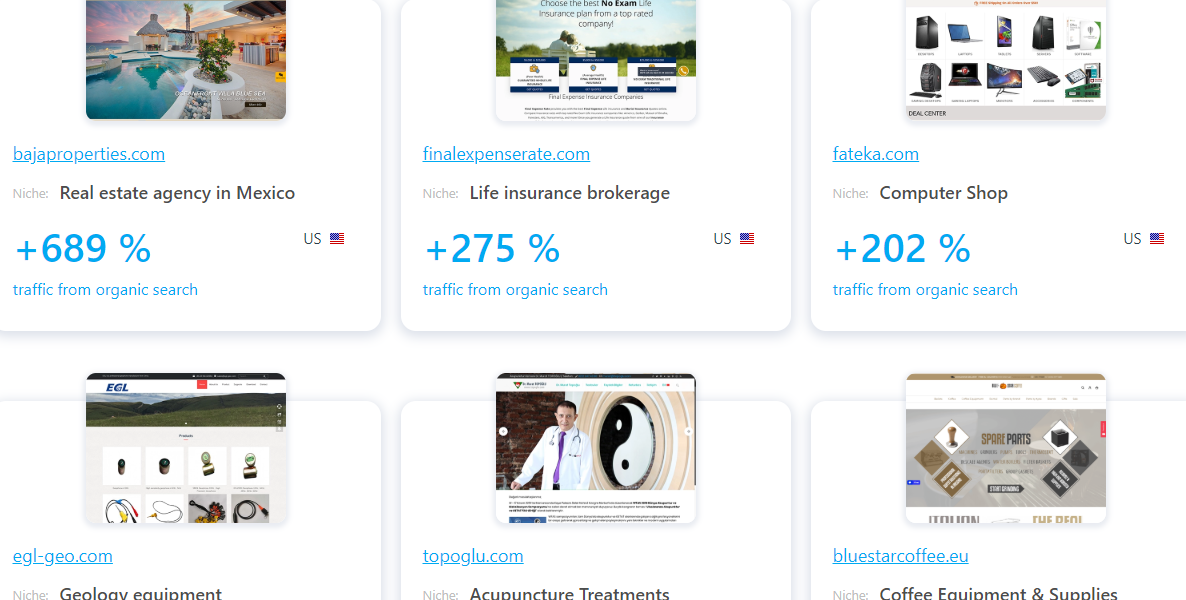
You have done it.
You have spent countless hours creating a website that you believe is ready to show to the world. You have found the appropriate keywords, you have cleaned up your headers and text, and you have created several different useful pages with great calls to action (CTAs). Despite all this effort, nobody is coming to visit your page.
It is a problematic issue that many business owners have confronted. It generally comes down to two things: authority in the subject and backlink building. Without an effective brand building or link building strategy, you will not find much success.
How Do I Build Links?
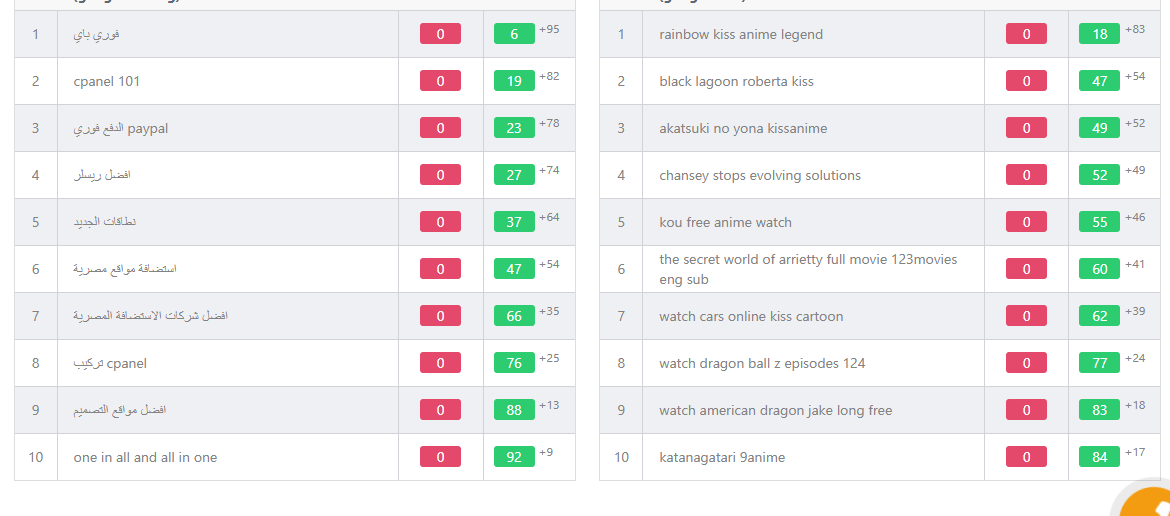
With 75 per cent of SEO happening off the page, it is no surprise that people who spend too much time focusing inward end up with nothing. With this in mind, it is vital to be aware of link building. This process involves “building” the quantity and quality of inbound links leading to your website. There are a variety of ways you can do this, and we will go through a few below.
Manual Link Building
Manual link building comes in two significant forms: guest content production and introducing your content to others. Unlike sharing your content on social media, this involves going out to other sites in your niche.
Guest Content Production
When you see a blog that introduces another author that links to their content, this is guest content production. The first option is to trade blog space so that you may post on theirs while they post on yours. Traffic that goes to either website will flow between the two sources.
The second option involves offering to write a blog post for the other individual under the expectation that you may insert a link to your blog. You are providing a service to the other person in exchange for real estate on their website. Content is a valued resource, and readers appreciate different perspectives.
Introducing Your Content
When going to websites like Reddit, Facebook, and Twitter, you have an opportunity to provide your unique insight. For example, people may be posting questions about the basics of SEO, and you could take the opportunity to plug your article written on the subject. However, this comes with some critical considerations.
This action is what some people may consider as a “shameless plug.” It is kind of like getting a call from an old friend, only to have him try and sell you chocolate. The best way you can avoid this is by ensuring that the content is relevant and useful. Be sure to remain confident when making the suggestion. People are less likely to judge you if you believe in what you are saying.
Community Back Linking
Community backlinking is similar to introducing your content. The difference is that you are presenting it to people who are already in your niche. By going to websites like Quora, Reddit, or any small-time forum, you have a wealth of people that you have already identified as interested in your topic.
Much like with the “introducing your content” section, you are going to want to be sure to differentiate yourself and make your content useful. Also, you are going to want to read the individual forum’s community guidelines before making a post. Many have guidelines against spam. Almost all outbound links on forums are considered spam.
Reclaiming Lost and Broken Back Links
If you have already established a system for creating backlinks, having to update them whenever you change your site can be a hassle. This need for correction is also a hassle for content producers who are continually needing to manage their link catalogue.
Starting with broken links, if you read a blogger that posts in your niche, or near your niche, you have an opportunity to reach out to that blogger to fill that link void with yours. By drawing attention to this and offering yourself as a solution, you have done two of their jobs.
Switching gears to lost links, these can be considered when you find that someone has removed a link to your content from their page. For example, if you change the link to your blogs to improve your SEO, your partners will potentially replace that link with other content. Be sure to stay in contact with other content producers if you change your site.
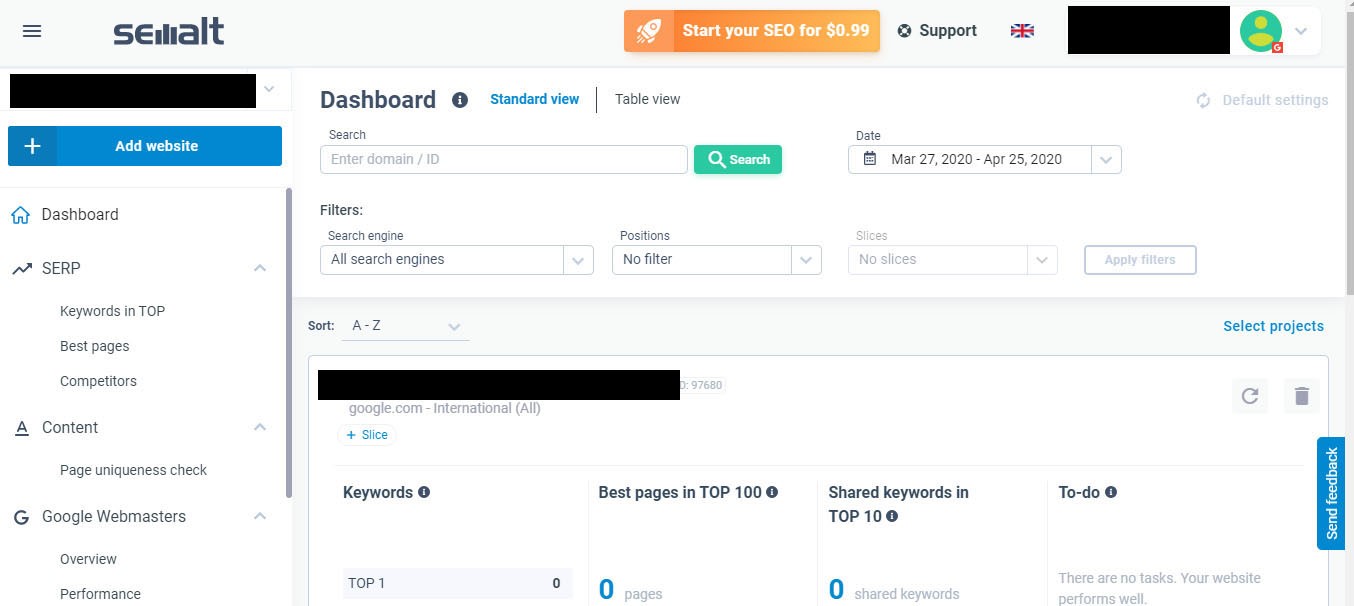
Semalt’s Website Analytics feature will give you a good idea of how to apply these strategies. By providing high-quality backlinks through their paid SEO campaigns, they do much of this work for you. However, understanding the details behind link building will give you a good idea of where to start. With that in mind, we will apply this to the other half of our focus today: Brand Building.
How Do I Build Brands In 2020?
The year 2020 has been an insane year, where we often ask ourselves about the necessity of SEO during current events. We do not seek to answer that question in this article. Instead, we will take this time to remind you and your families to remain safe in these trying times.
Brand building in the current age is part of link building. As all of them lead to the primary focus of link building: SEO. Search Engine Optimization involves building your website in such a way that it is easily searchable. Brand building and link building are both aspects of this.
Consistency is critical with either activity. We will go over building a brand voice and personality, establishing your brand as an authority, and building your brand story. By doing these, people will be more likely to take your brand as a seriously established company.
Building Your Brand’s Personality and Voice
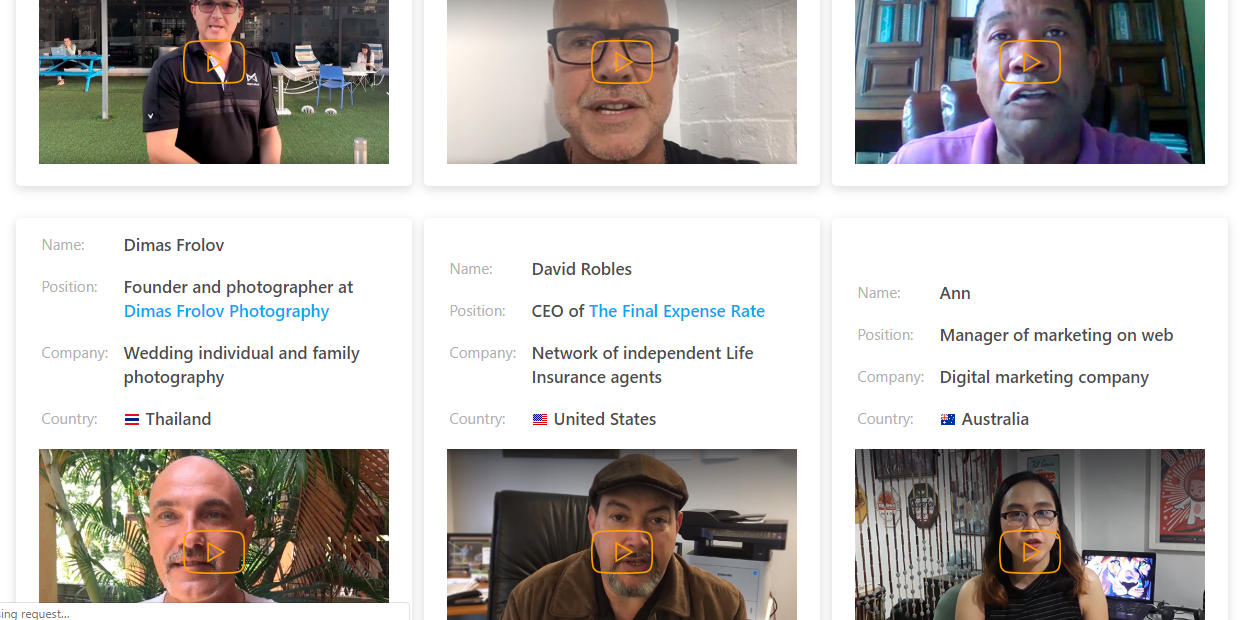
If you want an excellent example of brand personality, look at Liquid Death Mountain Water. The loose, macabre style of the US company works to attract alternative people. They know their brand personality thoroughly; those who write their website content agree.
You do not have to have an extreme brand voice. Many times, the best brands are on the other end of the spectrum. Look at the Marriot, Google, Microsoft, USAA, and Cisco for examples of brand personalities that border from casual to professional. All of these have a different take on brand personality and voice.
What Wakes You Up?
A key question in developing any aspect of your brand is asking more questions. You answer questions about the Why, Who, and What of the brand by building your website. This work bleeds directly into the mission statement.
Developing a mission statement combines your purpose in a condensed format that contains your voice and personality. It is the reason that you wake up and go to work. For example, Semalt’s mission statement is below.

The client is at the core of Semalt’s business. While the overall wording is semi-casual, their core values expand upon their commitment. For your business, you must define the mission and how it will be perceived.
Building Your Brand Story
A brand story is your emotional journey. It is how you got to your mission as it stands today and how you build success for your clients. Data may bolster brand stories, but these stories are emotionally based.
As a result, it is hard to remember that you need to build your brand story like a standard narrative. All good stories have heroes, villains, conflicts, and resolutions. You can fashion it any way you want. The hero can be you or the customer, the villain is what is stopping them from meeting their goal, and the conflict is the process of what it took to get you where you are today.
The resolution, which is an essential element, is the proof of how you got where you were today. If you tell the client that the evidence of your resolution is going from 1,000 customers per year from 1 customer per year, that is an impressive jump. Take the below in mind when building your story.
- The emotional appeal of your journey is what will connect them to you as a human being.
- The “hero” of your story can also be the customer while you can be the resolution.
- Be sure to back up any of your statements with facts. These can be testimonials, but numbers have a substantial impact on people.
- Utilize this page’s opportunity to place organic keywords. These will be natural but help you rank for searches.
Establishing Your Brand as an Authority
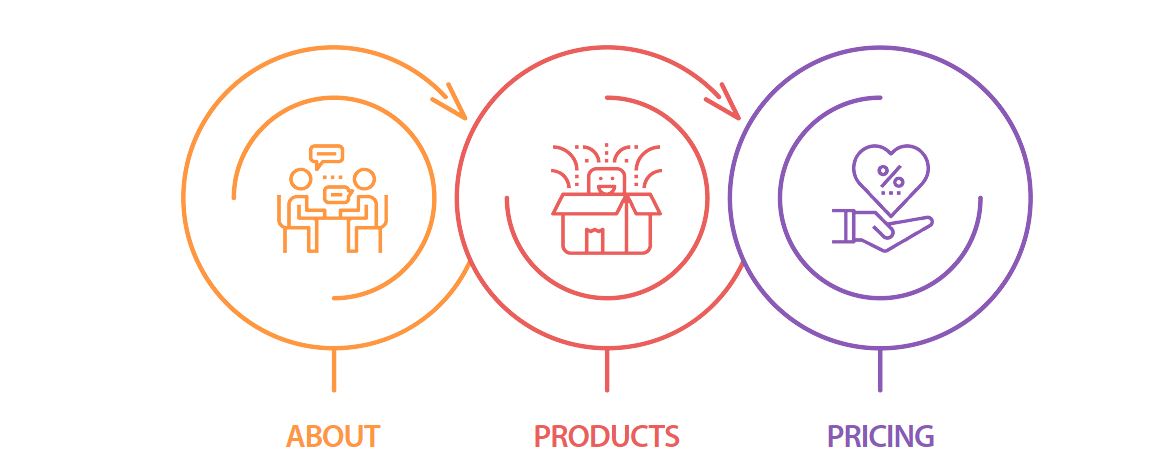
There is a traditional way that brands can prove their authority. Many of those established ways are already things we have mentioned. You can gather testimonials, give them proven statistics of your work, and tell your story. Building your brand as an authority also contributes to your backlinking efforts.
Offering free content that provides value is a natural way to do this. If your brand’s blog contributes towards solving a problem related to your niche, other blogs will be more likely to share it. By being active in your niche’s communities, you have more opportunities to communicate with those whose problems you are trying to solve.
This activity provides you with ample opportunity to establish authority. When Google’s search engine does its work, it seeks an authoritative source. The more you bring to your community as a problem solver, the more people you will get to visit your website.
How Link Building and Brand Building Helps You Reach the Google Top
These days, link and brand building are in a symbiotic relationship. By establishing your brand as an active authority in the niche of your business, your brand will naturally grow. If you combine this activity with creating a mission, story, and a consistent voice, you will see results.
With link building, being aware of the importance of fixing broken and lost links is paramount. Also, producing free content on your blog and guest blogs gives you another opportunity. Semalt’s SEO products address many of problems directly. For a more detailed analysis of improvements on your site, create an account today.